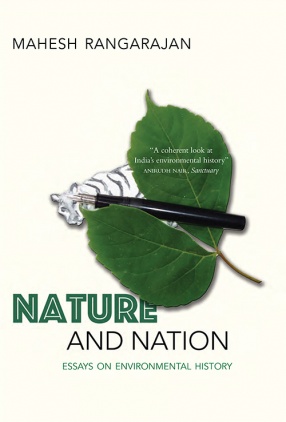
Mahesh Rangarajan

Showing all 10 books
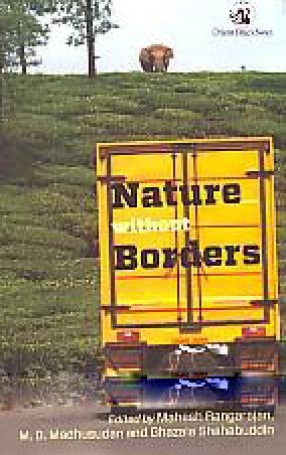

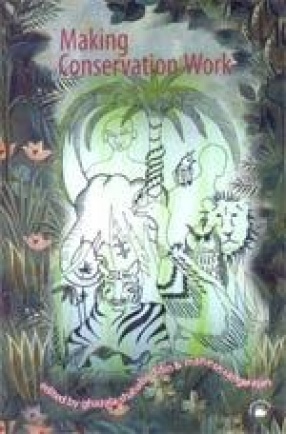

Writing India’s environmental history is not easy. The country’s territorial vastness, geographical complexity, and unusual biodiversity make the task difficult. Relatively few scholars have shown the historical range and intellectual depth required to tackle the area compellingly and with sophistication.
Mahesh Rangarajan is among the foremost scholars in this field. The papers and books he has written or edited over more than two decades have helped ...
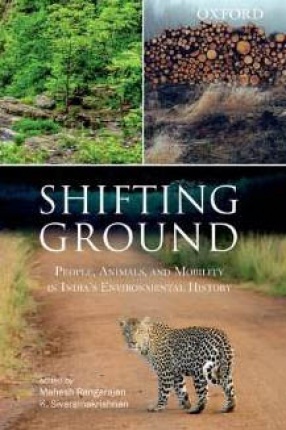
The essays in the volume analyse India’s environmental past and the way it has been viewed by scholars. They debunk the idea of a primeval, pristine forest cover in India and delve into the past and its traditions that are invoked when debating contemporary conflicts. They examine the dynamics that shape human-animal relations and the conflicts resulting from post-independence projects of rural development and conservation. They touch upon aspects of ...
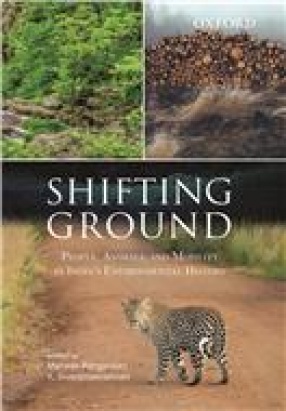
Environmental history of India has developed as an important field of inquiry in the last twenty-five years. While providing major insights, the existing scholarship has primarily focused on drawing sharp lines of distinction—those between geographical spaces (forest, rivers, farms), people (herders, farmers, townspeople), eras (colonial, post-colonial), and so on. The limitations of these sharp divides are brought to the forefront when there is a critical ...

This book explores the ways in which conservation of biodiversity can coexist with human actions and interests through a series of eight essays. These are tied together by an analytical introduction by the editors.
It seeks to supplement the dominant discourse of conservation in India, which has traditionally depended on fencing off fragments of habitats and guarding them against human encroachment. However, formally designated Protected Areas occupy a very small ...
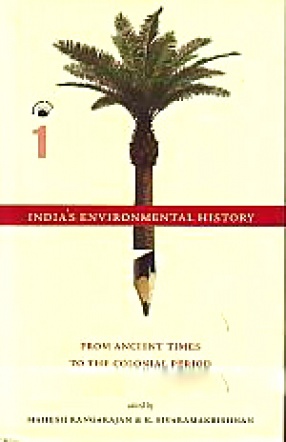
Even if a profusion of writings exists on India’s rich, widely varied ecological past, there is hardly any significant work that takes notice of the eras prior to 1800. There are, say the editors, valuable specific studies giving insights into forest frictions and water disputes, the contests over urban or rural spaces between rival claimants to water or land, animal, plant, or mineral wealth, and many other aspects. Re-interrogating the source materials on ...
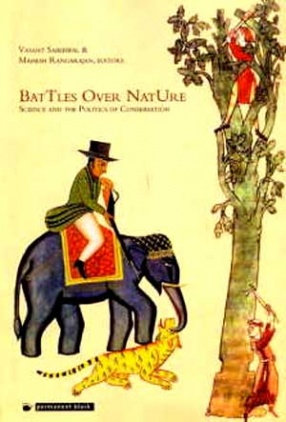
In this book, biologists, sociologists, historians and activists come together to search out solutions to the key problems of contemporary conservation practices. Much of the world's wildlife and biological diversity is located in less developed countries where there is intense competition for resources between people and wildlife. Common questions face all such countries. Should the state or should local communities manage natural resources? Should ...

The jungles of the Indian subcontinent, home to an amazing array of wildlife, attracted many hunters and naturalists, several of whom have recounted their encounters with animals in the wild. This anthology brings together a wide-ranging selection of writings, covering mainly the period of the British Raj, about the hunt in its myriad forms.
Hunting anecdotes and essays may seem out of place in the present age of ecological awakening; but accounts left behind by ...

The swift decline and present plight of India's wildlife make regular headlines. This book asks how we came to this point. It introduces us to the long history of India's wildlife, culminating in the present crisis.Drawing on memoirs, archives and official records, Mahesh Rangarajan brings new insights to bear upon age-old encounters between human beings and the natural world in India. While highlighting major figures, such as Jim Corbett and M. Krishnan, ...


Wildlife today is competing with some of India's most underprivileged people for survival. This apart, commercial and industrial pressures from far outside park boundaries reverberate within these fragile ecological oases, making them vulnerable in a way they never have been before. Reconciling the question of preserving what little wildlife remains with the needs of humans has never seemed as tangles. 'Fortress conservation', based solely on strict nature ...
